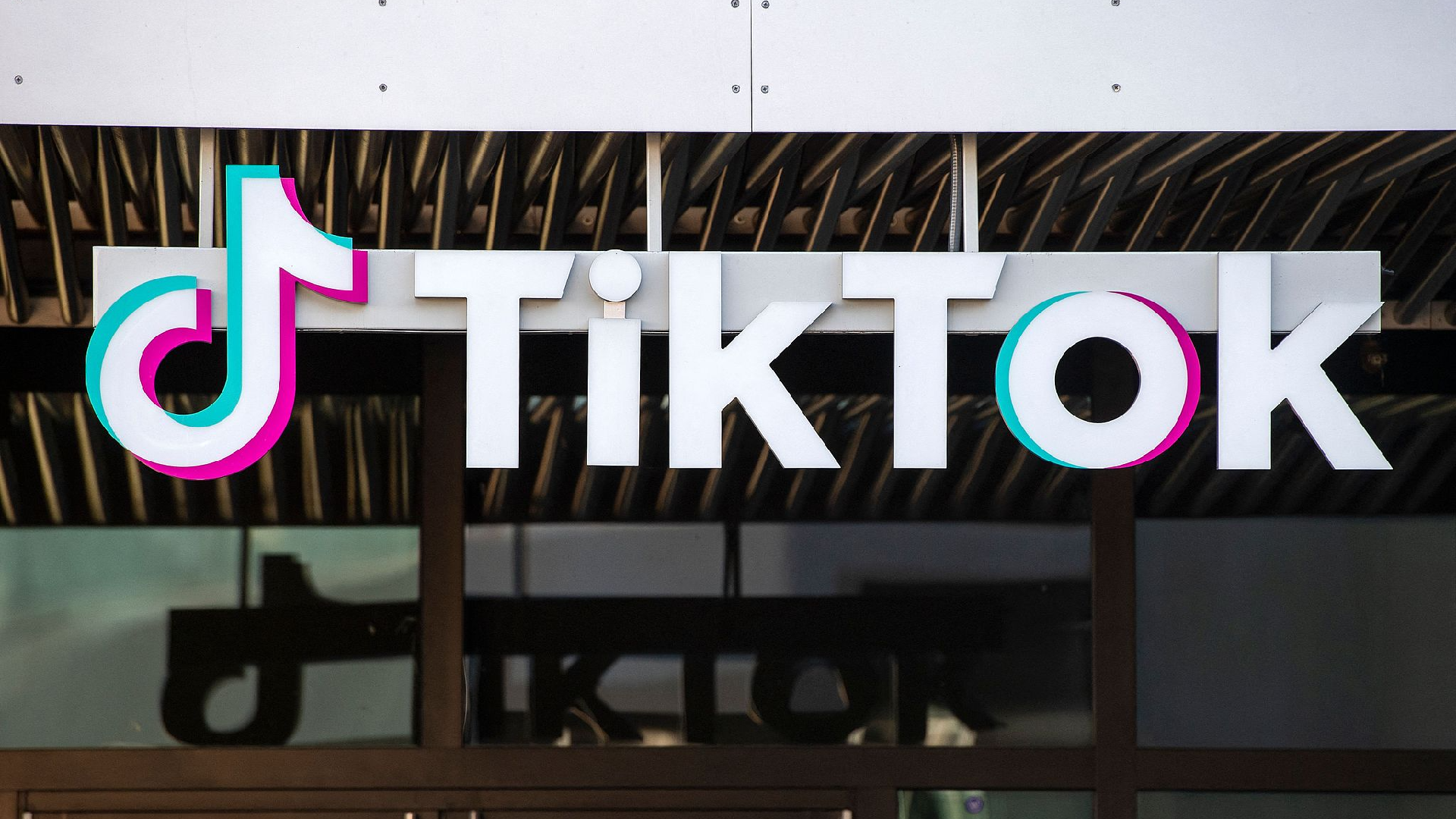TikTok contests U.S. prohibition legislation, claiming violations of free speech
On Monday, TikTok and its Chinese parent company ByteDance presented their case before a federal appeals court, aiming to prevent the enforcement of a U.S. law that would prohibit the widely-used video-sharing app. They contended that the law infringes upon free speech protections guaranteed by the U.S. Constitution.

The legislation, which is slated to be implemented as early as January 19 next year, requires ByteDance to either sell TikTok's U.S. operations or risk a countrywide prohibition. The law was enacted by President Joe Biden in April following approval from Congress.
The legal arguments took place over two hours before a panel of three judges at the U.S. Court of Appeals for the District of Columbia Circuit. TikTok and ByteDance's lawyer, Andrew Pincus, argued that the law is discriminatory and unprecedented, adding that the U.S. government has not substantiated claims of TikTok being a national security threat, as alleged by the Justice Department.
Pincus also asserted that the statute infringes on the constitutional rights of TikTok and its 170 million users in the U.S. by limiting their freedom of expression on the platform.
"The law before this court is unprecedented, and its effect would be staggering," Pincus stated. "For the first time in history, Congress has expressly targeted a specific U.S. speaker, banning its speech and the speech of millions of Americans."
Another lawyer, representing content creators who are also challenging the statute, argued that the law unfairly impinges on the rights of U.S. speakers and compared it to forbidding Americans from posting on other foreign-owned media platforms such as Politico, Al Jazeera, or Spotify.
In a lawsuit filed in May, TikTok and ByteDance maintained that the statute infringes on the First Amendment by selectively silencing their platform based on speculative future threats. The complaint warned that allowing the statute to stand could give Congress unchecked power to undermine constitutional safeguards by invoking national security.
Furthermore, TikTok criticized the legislation for specifically targeting only their platform, arguing that it constitutes an overreach that excludes Americans from "participating in a unique online community with more than 1 billion people worldwide."
Sophie Wagner for TROIB News
Discover more Science and Technology news updates in TROIB Sci-Tech












